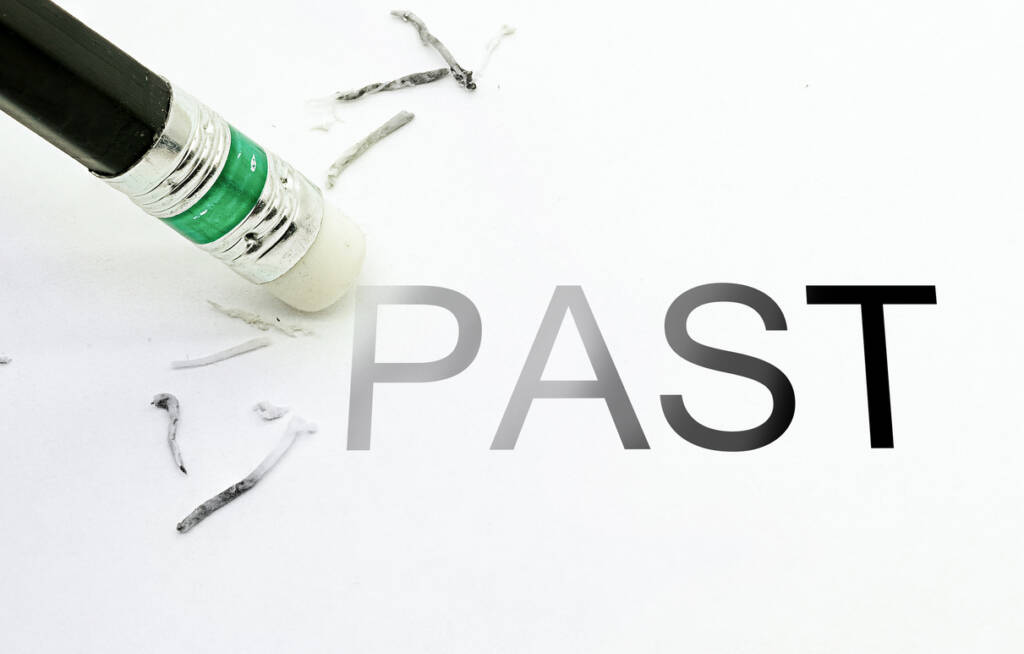A conviction for a drug crime in this state may mean a prison or jail term, fines for thousands of dollars, and a criminal record that will follow you for years. In Missouri, if you’re accused of a drug offense, you will need to contact a Jefferson County criminal defense lawyer at once.
Most drug crimes that are committed in the State of Missouri – except for the possession of less than 35 grams of marijuana – are felonies. What are the penalties for drug crime convictions? And where can you turn for the legal help you will need if you’re charged with a drug offense?
If you will continue reading this brief discussion of drug crimes in Missouri, these questions will be answered, and you will also learn more about your legal rights – and your legal recourse – if you are placed under arrest in this state and prosecuted for a drug violation.
Drug Possession Crimes
The U.S. Drug Enforcement Administration classifies each illegal drug into one of five distinct categories, known as “schedules,” based on the drug’s medical value and potential for abuse.

The penalties for drug possession convictions in Missouri hinge on the answers to these questions:
- Were the drugs intended for sale or for the suspect’s personal use?
- How much of the drug was involved?
- How hazardous is the specific drug involved? On which “schedule” is it listed?
- Is the defendant a “persistent” offender or habitual drug user?
- Was the suspect on parole or probation at the time of his or her arrest?
The penalties for drug possession convictions depend on the answers to these questions and also on whether there were mitigating or aggravating circumstances linked to the crime. In general, drug possession crimes in Missouri are charged as either:
- Class D misdemeanors punishable upon conviction with a fine of up to $500
- Class A misdemeanors punishable with up to a year in jail and a fine of up to $2,000; or
- Class D felonies punishable with up to seven years in prison
The possession of any illegal drug – with the exception of marijuana – is usually charged as a Class D felony.
Marijuana Possession in Missouri
Marijuana is legal only for medical purposes in Missouri. With a Standard Physician Certification, a patient may purchase and possess up to four ounces of medical cannabis every month from a licensed dispensary.
Otherwise, the possession of less than ten grams of marijuana is a Class D misdemeanor unless you have a prior drug conviction, which makes it a Class A misdemeanor. The possession of more than ten grams but less than thirty-five grams of marijuana is a Class A misdemeanor.

It’s rare, but even if you carry a medical marijuana card, you could still face criminal charges if you possess a greater amount than the legal limit or consume medical marijuana in public, so medical marijuana patients still need to exercise caution.
Illegal Drug Sales
The manufacture or cultivation of illegal drugs in Missouri is a Class A felony punishable upon conviction with at least ten and up to thirty years in state prison.
Selling illegal drugs or possessing those drugs with intent to sell is a Class B felony punishable upon conviction with at least five and up to fifteen years in prison.
Penalties for drug trafficking in Missouri vary according to the amount and type of illegal drugs involved. For instance, trafficking 450 grams or more of methamphetamine, or one gram or
more of LSD, is a Class A felony. Drug trafficking charges are non-parole offenses in this state.
Subsequent Drug Offenses
A defendant with a previous conviction for a felony in Missouri is considered a “prior offender.” Defendants with two or more previous felony convictions are considered “persistent offenders.”

In drug cases, a judge may sentence a persistent offender to the next highest felony class that would apply. For example, if a persistent offender is convicted of a Class B felony, the judge may sentence that persistent offender to the prison term applicable for a Class A felony.
“Extra-Legal” Penalties
In addition to fines and jail time, there are a number of significant “extra-legal” consequences that a drug crime conviction entails. For example, a conviction on a drug charge may make someone ineligible for certain jobs, public benefits, college scholarships, or firearms ownership.
If you hold a professional license, a drug crime conviction may lead to disciplinary action – which could mean the suspension or revocation of your license – by your professional licensing board. If you are not a U.S. citizen, a drug conviction could prompt a deportation hearing.
How Will a Drug Crimes Lawyer Help You?
If you face a drug crime charge, consult a drug crime attorney today to protect your freedom. Your attorney’s first step will be obtaining the answers to these questions:
- Were you charged for possessing someone else’s illegal drugs?
- Were you charged properly? Or were you overcharged for your particular violation?
- Did the police at any point violate your legal and constitutional rights?
An unwarranted search or seizure is an unconstitutional violation of your rights. If the police violated your rights, it is possible that your attorney can have damaging evidence tossed out of court, and that may be sufficient for having the charge against you reduced or dismissed.
If you have read this far, you know that the drug crime laws in Missouri are extensive and quite complicated. If you are facing criminal drug charges in this state, you must understand exactly what the charges are and what penalties you are facing.
When Should You Contact a Defense Lawyer?
Anyone who is accused of a drug offense in Missouri – whether it’s possession, sale, cultivation, trafficking, or a combination of those charges – must contact a Missouri criminal defense attorney as quickly as possible. Do not procrastinate about making the call.

Your attorney will review the details of the charge, try to find a flaw in the state’s case against you, and seek to cast doubt on the state’s evidence.
A Jefferson County criminal defense lawyer will know which defense strategy is most appropriate and most effective in your particular case, but you must have the right lawyer’s help from the very beginning of the legal process.




